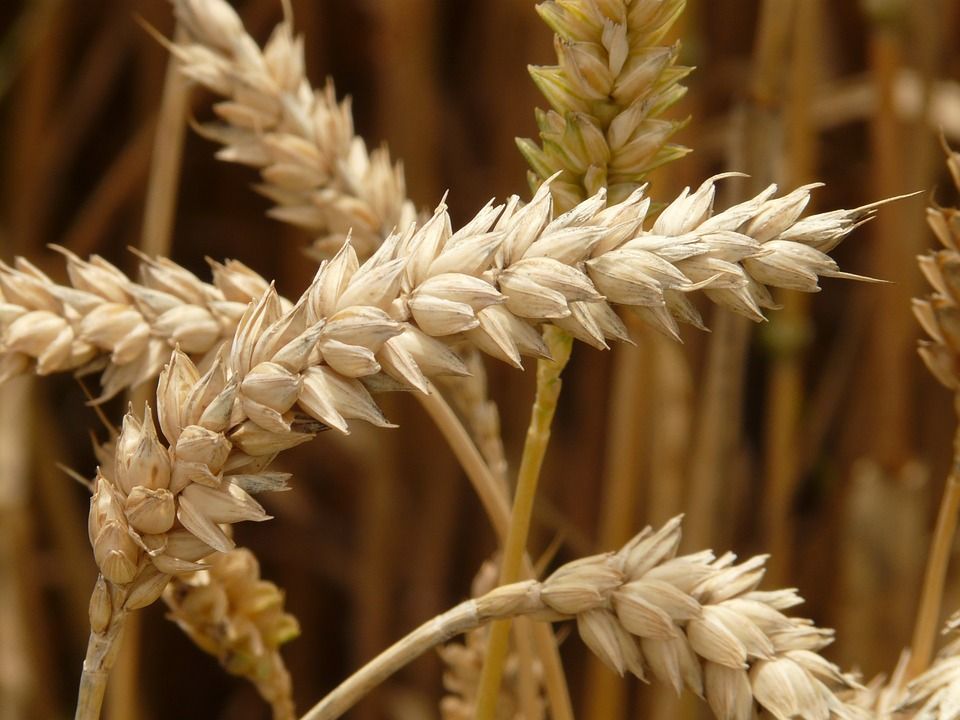
A new batch of experimental scientific samples from the Chinese space station arrived on Earth following the return of the Shenzhou 17 manned spacecraft on Tuesday, China Central Television reported on May 5.
Seeds of fodder crops, including alfalfa and oats, provided by the Lanzhou Institute of Goose Breeding and Pharmaceutical Sciences of the Chinese Academy of Agricultural Sciences, underwent 11 months of space irradiation with biological irradiation equipment on board the Spacial station.
After basic testing at the Space Engineering and Technology Center of the Chinese Academy of Sciences, the seeds were sent to a research team at the Lanzhou Institute of Agricultural and Pharmaceutical Sciences for experimental studies.
The researchers have started seed germination experiments and will carry out soil breeding experiments to develop new superior forage varieties with higher yields, better quality and higher resistance, said Yang Hongshan, chief scientist of the team.
The research results are expected to greatly improve China’s competitiveness in agricultural science and technology and provide strong support for the country’s sustainable agricultural development, Yang said.
The research team successfully developed three new varieties of alfalfa and one new variety of oats through spatial mutation breeding. These varieties have become widespread and are used in production.
Source: Rossa Primavera
I am Michael Melvin, an experienced news writer with a passion for uncovering stories and bringing them to the public. I have been working in the news industry for over five years now, and my work has been published on multiple websites. As an author at 24 News Reporters, I cover world section of current events stories that are both informative and captivating to read.
